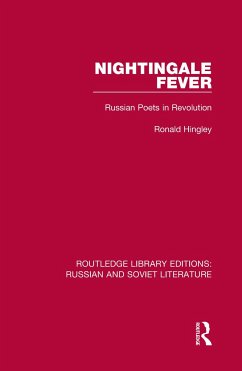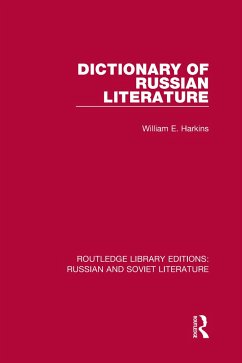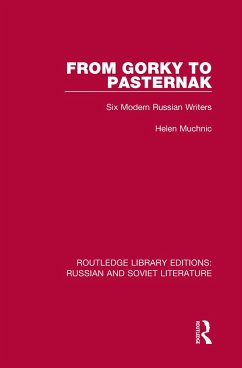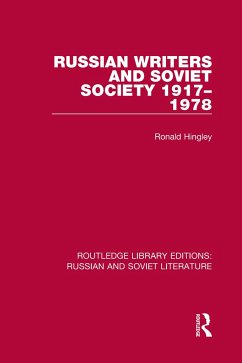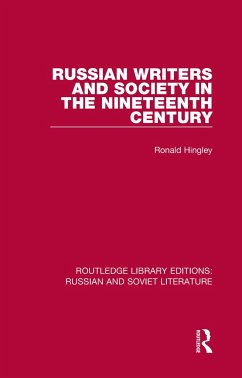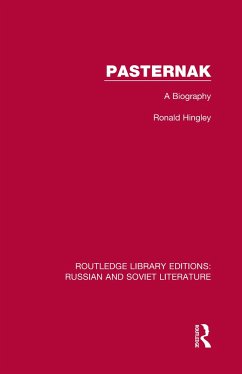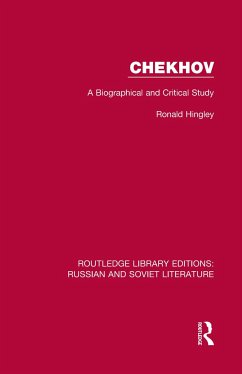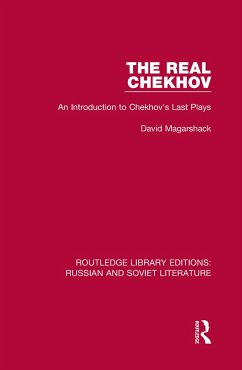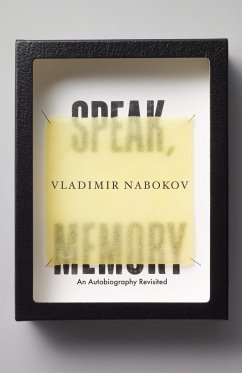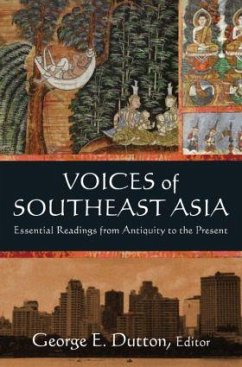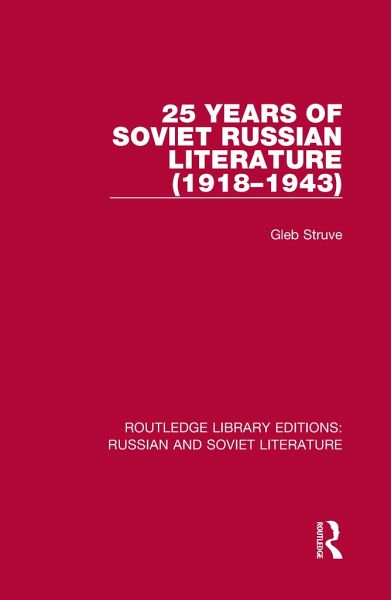
25 Years of Soviet Russian Literature (1918-1943)
Versandkostenfrei!
Versandfertig in 1-2 Wochen
152,99 €
inkl. MwSt.
Weitere Ausgaben:

PAYBACK Punkte
76 °P sammeln!
This book, first published in 1944, is a comprehensive survey of post-revolutionary Russian literature up to the early 1940s. A huge range of writers are examined, and as a wide-ranging analysis of Soviet literature, this book has rarely been bettered.




